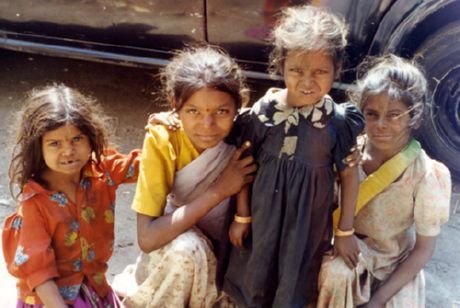New publications
India is a leader in the spread of animal diseases
Last reviewed: 01.07.2025

All iLive content is medically reviewed or fact checked to ensure as much factual accuracy as possible.
We have strict sourcing guidelines and only link to reputable media sites, academic research institutions and, whenever possible, medically peer reviewed studies. Note that the numbers in parentheses ([1], [2], etc.) are clickable links to these studies.
If you feel that any of our content is inaccurate, out-of-date, or otherwise questionable, please select it and press Ctrl + Enter.
India has topped the list of countries with the highest prevalence of animal-borne diseases, or zoonotic diseases, according to a first-of-its-kind global study of zoonotic diseases conducted by the Institute of Zoology and the International Livestock Research Institute.
The top 13 spots are occupied by countries where zoonotic diseases kill 2.2 million people and sicken 2.4 billion annually. India accounts for 75% of such infections. Globally, zoonotic diseases account for 75% of emerging infections and 60% of all diseases affecting humans.

27% of livestock in developing countries have or have had signs of bacterial infection. They are responsible for at least one third of gastrointestinal diseases. And 80% of pathogens that can be used as biological weapons are zoonotic in nature. Among them, for example, was bird flu,
As epidemiologist Delia Grace notes, after India in the ranking are Ethiopia, Nigeria and Tanzania. 12% of animals are infected with brucellosis, 7% with tuberculosis. 17% of pigs show signs of cysticercosis, and 27% of animals have a bacterial infection that causes intestinal disorders. 26% of animals are associated with leptospirosis, 25% with Q fever.
In 99% of cases, the spread of infections is associated with insufficient protein intake. And here again, India is at the top of the list. According to experts, this country will experience the fastest changes in pig and poultry farming. Raising animals in conditions where there is little space will significantly increase the risk of spreading diseases.

 [
[